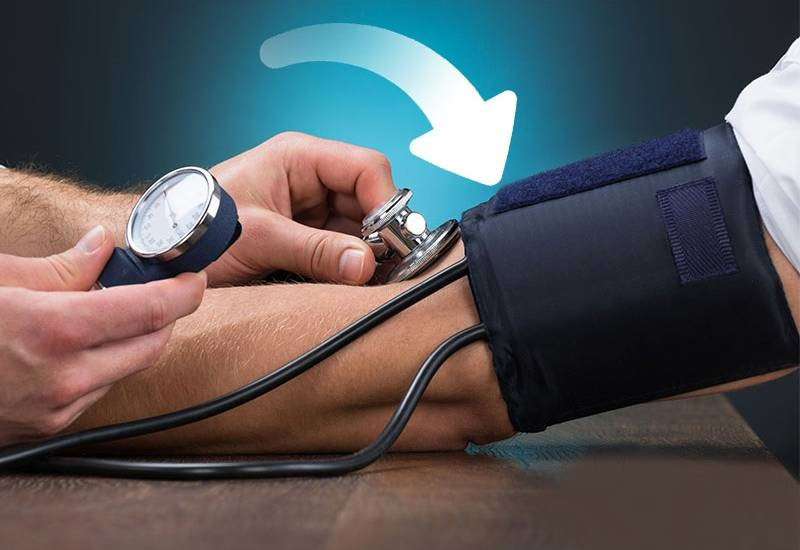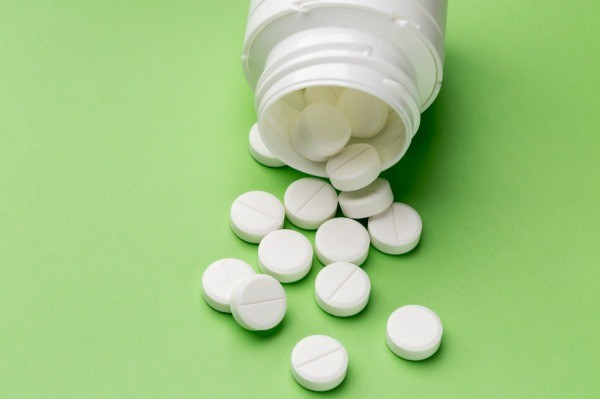Hypertension
Can I stop taking high blood pressure medicines?

Q1: My blood pressure is 180/95mmHg. A doctor has diagnosed I am afflicted by high blood pressure. Will I have to take high blood pressure pills for my entire life?

Among normal healthy adults, their systolic blood pressures are recorded about 120 mmHg, whereas diastolic blood pressures are found equal or below 80 mmHg. According to the World Health Organization, whenever systolic blood pressure is persistently greater than or equal to 140 mmHg, or diastolic blood pressure is persistently greater than or equal to 90 mmHg, then elevated blood pressure or high blood pressure is considered present.
Hypertension is one of the most common cardiovascular diseases. Generally, it can be divided into two types, namely primary hypertension and secondary hypertension.
Up to 90% of hypertensive patients are related to essential hypertension. The cause of the illness is unknown, and it is generally linked to family history and heredity. This type of hypertension cannot be cured at this moment.
About 10% of hypertensive patients are grouped into secondary hypertension, such hypertension is mainly caused by specific diseases or physical changes, for example kidney disease, endocrine abnormalities, hyperthyroidism, coarctation of the aorta and so on. Once these identifiable diseases are cured completely, the blood pressures of patients will be restored to normal levels later.
Since essential hypertension cannot be cured, patients can only control their blood pressures through long-term medications. Of course, they also need to change their lifestyles and diets besides taking medicines. Hypertension is a chronic disease. Once patients start taking medicines, their blood pressure readings naturally will decrease. However, the moment they stop taking medicines, their blood pressures will return to the “pre-medicine” abnormal levels. Of course, this has nothing to do with the myth related to drug dependence or addiction. It solely because essential hypertension is an incurable disease.
Hypertension patients must be regularly reviewed, regardless they are taking medicines. The interval between visits is generally 3 to 6 months, depending on the individual condition. At the time of consultation, doctor will perform various tests for the patient, including blood pressure check, urine test, blood test, fundus examination, electrocardiogram, and so on. The main objectives are to keep track and monitor the hypertensive condition, as well as identify any signs of high blood pressure complications or drug-induced side effects. The doctor will adjust the dosage or change the medicine according to individual circumstances.
Q2: Can I stop taking medicine once blood pressures return to normal level? I am afraid westerns medicine will harm my body?
Hypertensive patients should not stop the usage of medicines, reduce their dosages, nor replace the drugs on their own. In other words, patients who are on medications cannot simply stop taking medicines despite blood pressures returning to normalcy. The reason why their blood pressures are back to acceptable levels, can largely attribute to the effects of drugs. Hence, patients must continue to adhere treatments regularly. If they arbitrarily stop taking medicines without getting proper advice, it may cause rebound hypertension.
The actions of taking medications intermittently, will cause blood pressures of patients fluctuating widely, which end up bringing harms in long run. Moreover, it will also make doctors facing difficulties in adjusting the dosage of drugs.
Q3: I’m seeing my blood pressure increasing now, so I must take high blood pressure pills quickly to avoid strokes?
The complications caused by soaring blood pressure are not just strokes only. It also increases risks of other complications such as cardiovascular diseases, kidney diseases, retinal diseases, etc. The higher the blood pressure levels, the higher the risks of complications in general.
Although it is necessary to reduce blood pressure in long term, but high blood pressure’s treatment needs to start from a small dose initially. We must let blood pressure drop steadily and slowly so that our bodies can adapt and reach optimum levels. It is rather dangerous to reduce blood pressures too fast, especially to those patients who have no symptoms yet suffering severe hypertension. This is because this type of patients has adapted to very high blood pressure. If it is reduced too quickly, it will easily lead to all kinds of discomforts such as dizziness and nausea, or even causing cardiovascular and cerebrovascular accidents in some severe cases. In normal practice, the general goal is basically reducing blood pressure by 25% within 12-24 hours.

Q4: Is it true when fewer types of medicines are used, lesser side effects will occur?
Although each drug has its own side effects, using drugs to treat high blood pressure does not mean that when fewer types of drugs are given, the better the outcomes. Each patient has a different reaction to the drugs; thus, doctor needs to spend a bit of times for finding out the most suitable drug and dosage. All in all, compared to the severe consequences like disability or death, obviously the benefits of using hypertension drugs, can easily outweigh the disadvantages of not using them altogether.
There are also some patients influenced by their relatives and friends, who will compare what kind of drugs they are using now. Patients need to understand that the causes of hypertension are complex, there are many types of antihypertensive drugs, and patients have different reactions to drugs. Therefore, treatment guidelines vary from person to person and should not be compared with each other.
Hypertensive patients need to understand they can only reduce the damages of vital organs by taking their long-term medication consistently. Only minority of patients can discontinue their medications when their blood pressures return to optimum levels. In fact, a clear majority of patients are advised to take their life-long medications non-stop. The patients must also regularly follow up and may also subject to the adjustment of treatment plans recommended by doctors periodically. When patients are facing any discomfort during after any medications, they must consult doctors immediately. Certainly, they cannot change their drugs or dosages without getting prior consents from doctors.





